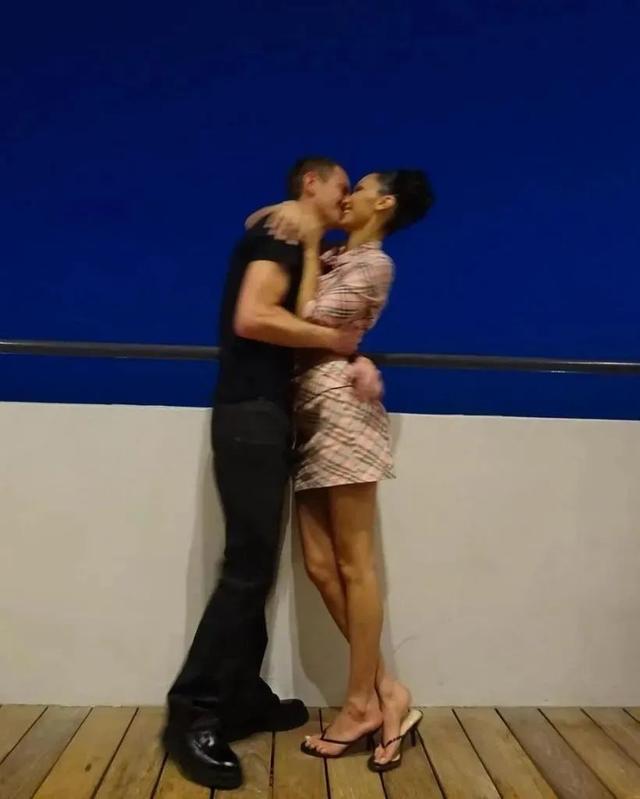
今天我们来介绍最常见的语法错误之
疑问句中的Who谁,Which哪一个以及What什么
常规语法强行记忆和语言学分析哪个是你的菜?
这个问题可能有点不公平,毕竟大家平时很难接触到转换生成语法(Transformational-generative grammar). 不要紧,慢慢将一些重要的概念展现给大家。
通过我初步的小范围实验,很多长期以来始终对长句、难句有疑惑的人往往觉得这种语言学指导下的句法分析(syntactic analyses) 很新鲜很受用。
不难理解,毕竟语言学是致力于揭示、模拟、解释语言使用者实际语言知识的科学。转化生成语法是具有高度简洁性、一致性的语言规则诠释体系,可以说是目前最最‘仿真’我们大脑是如何加工处理语句的规则系统。
疑问词(wh-words) 这个问题其实在语言学研究中是非常重要的一环,涉及到非常复杂的Wh-movement这一话题,要想弄得非常清楚为什么很多疑问词都触发了倒装与助动词的介入,那么还真得接触点句法学知识。Summer会把最关键的内容放在此篇最后,希望随后有机会展开来给大家细讲,敬请期待!
错误修改:
❌What you did next?
✔️What did you do next?
你随后做了什么?
❌Who your son looks like? You or your husband.
✔️Who does your son look like? You or your husband.
你的儿子长得像谁?你还是你的丈夫?
❌What did happen next?
✔️What happened next?
之后发生了什么?
❌Who did build this house?
✔️Who built this house?
谁建的这个房子?
❌Which club did win the most matches?
✔️Which club won the most matches?
哪只俱乐部赢得了最多的比赛?
❌Which room does need painting?
✔️Which room needs painting?
哪个房间需要粉刷?
常用例句:
Who do you love? I love my wife.
-你爱谁? -我爱我老婆。
Who loves you? My wife loves me.
-谁爱你? -我老婆爱我
Which company do you work for? I work for Google.
-你给哪家公司工作? -我给谷歌工作。
Which company produces the best software? Google does.
-哪家公司创造最好的软件? -谷歌
I hear you did your cooking course yesterday. What did you make?
我听说你昨天上烹饪课了。你做了什么?
What made you decide to do a cooking course?
什么(事)让你决定去上烹饪课的?
用法剖析:
In the interrogative form, an auxiliary is normally required: Who / What / Which did you see? So the forms: Who you saw? What you saw? Which you saw? are not correct.
However there are cases when the auxiliary is not required.
在疑问句中通常需要一个助动词,像是这样:Who / What / Which did you see? 你看见了谁/什么/哪一个?因此下列句子都是错误的:Who you saw? What you saw? Which you saw?
但是也会有不需要助动词的情况。
Use who / which / what auxiliary (e.g. Who do / did) when who, which and what are the object of the verb. In the question Who do you love?
The pronoun you is the subject, and who is the object.
如果要询问的who, which, what是动词的宾语位置上的,那么就要用who / which / what 助词 (Who do / did).
在下述问句Who do you love?你爱谁?中,代词you你是主语,而who是宾语。
Use who / which / what main verb (e.g. Who says .. Which costs ...) when who, which and what are the subject of the verb.
In the question Who loves you? the pronoun you is the object, and who is the subject.
如果要询问的who, which, what是动词的主语位置上的,那么就要用who / which / what 主动词 (Who says.. Which costs ...).
在下述问句Who loves you?谁爱你?中,代词you你是宾语,而who是主语。
Choose the correct form
1. Which film did you watch / you watched last night?
2. Who did get / got married?
3. Who did you say / you said got married?
4. What does seem / seems to be the problem?
5. Who did say / said that I was not coming to the party?
6. Who did you go / you went with?
7. Who did go / went with you?
8. Which did come / came first the chicken or the egg?
9. What does turn / turns you on the most?
10. What / Which courses do you give / give you the most credits?
疑问词移位——句法分析概述
Wh-Movement — Syntactic Analysis Briefing
1. 世界上很多语言都有因为疑问词的存在而要改变语序的情况,这些语言被我们称作languages with wh-movement有疑问词移位的语言。汉语和一些其他语言被称作wh-in-situ languages疑问词原位语言。举例说明,
汉语: 皮特喜欢音乐。
皮特喜欢什么?
English: Pete likes music. ⤵️
(Pete likes what? ⤵️)
What does Pete like?
2. 英语中普通句子在变成疑问句时,疑问特性 (C[ Q, WH]) 将本来处于动词短语(Verb Phrase VP, 比如说kiss whom) 中的疑问词吸引到了句子的顶端。
所以这句Who did Matt kiss? 其实发生了如下图所示的wh-movement.

另外,疑问特性C[ Q]除了会让疑问词移动,还会让助词发生移动(去到不同的位置),因此我们有了did的前置 (T-to-C movement).
而Who did Matt kiss?的深层结构(deep structure) Matt kissed who? 是没有助词的,为了完成C[ Q]所要求的助词移动,英语中会加入助动词do (do-support).
3. 如果疑问是针对动作的主语(I kissed you.), 而非宾语(I kissed you) 或者状语的(kissed you when), 那么生成的wh疑问句没有主语和系词/助词的倒装,也不会有do-support.
原因在于主语疑问词的移动,同时满足了疑问特性的两个要求(给了主句以疑问词,用其主语身份承担了限定性从句对时态的要求)。这样一来,C[ Q]对动词的引力被削弱,也就没有了主谓倒装(Subject-auxiliary inversion, SAI).
4. Wh疑问词处在从句位置时没有主语和系词/助词的倒装,原因在于从句下的疑问特性不完全C[-Q, WH](不是真正的疑问句)。只吸引疑问词,不吸引时态。
因此在I wonder who Jim kissed.的wh-从句中,并没有出现倒装,也没有出现do-support (❌I wonder who did Jim kissed.) 仅有如下图所示的wh-movement.






